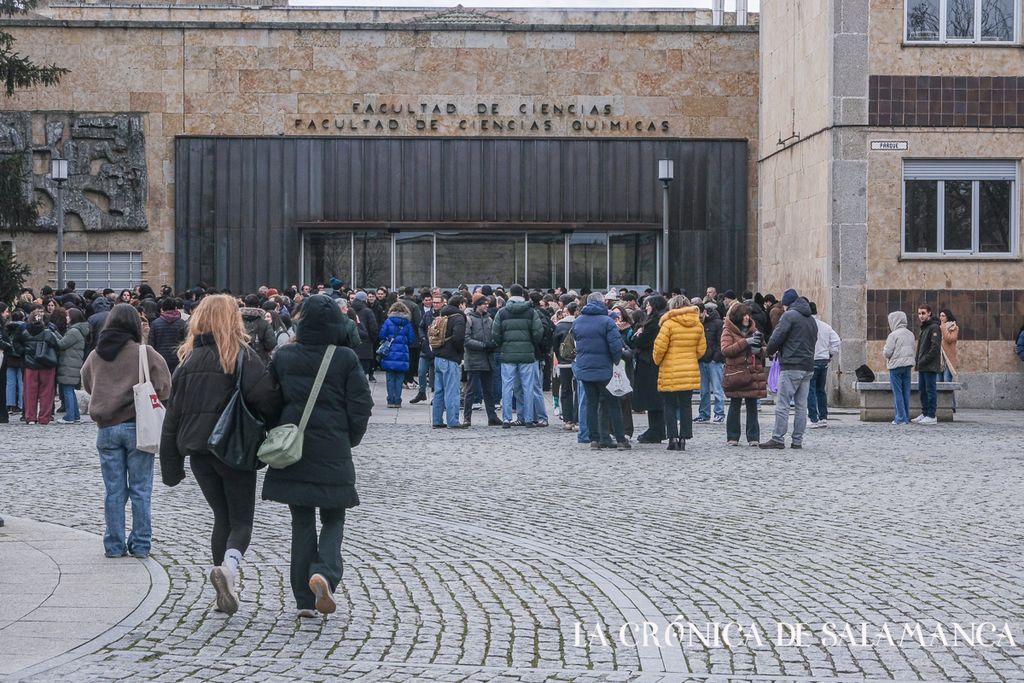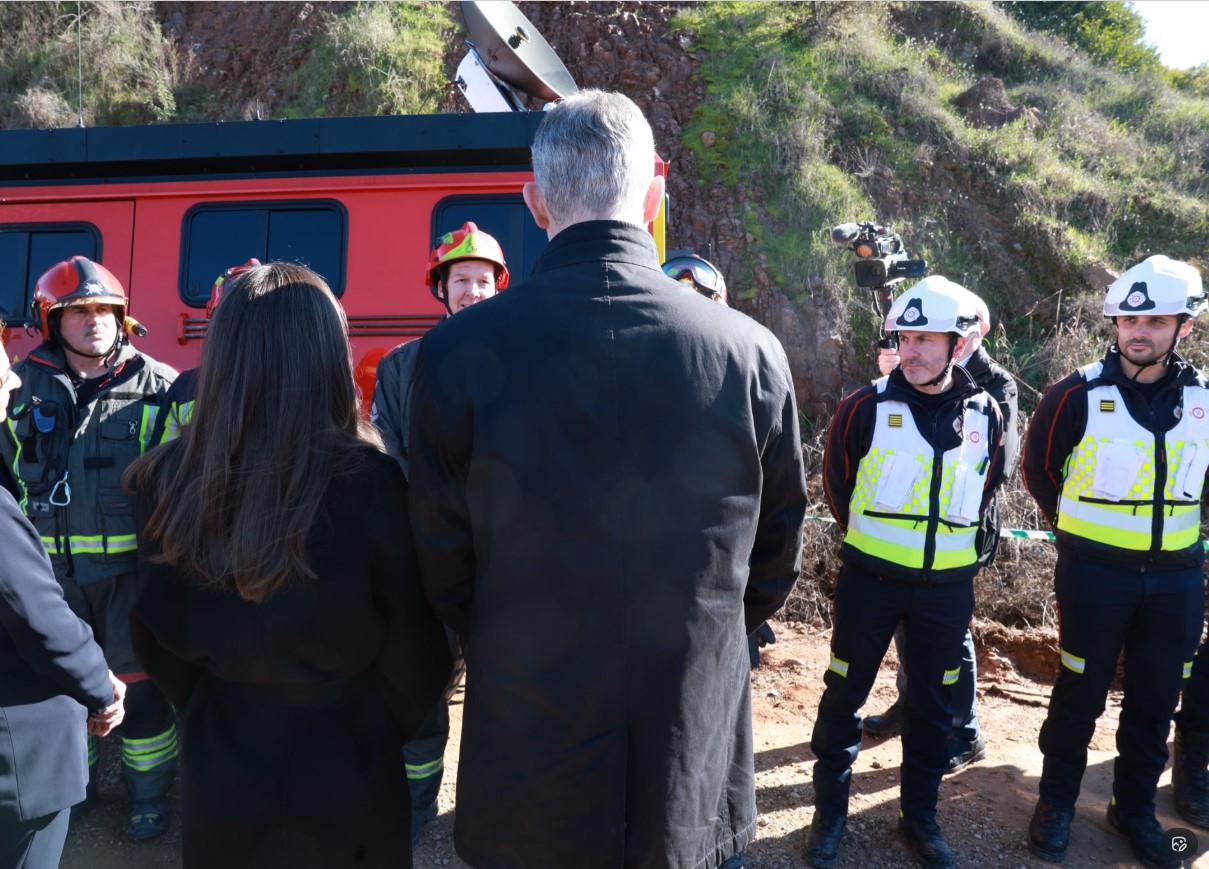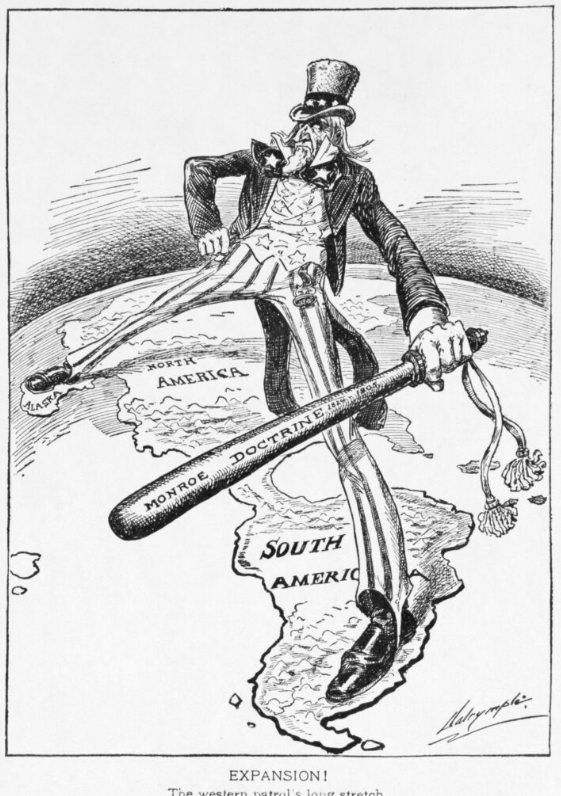EL PLAN NO SE CUMPLE
Gestionar un proyecto es una ardua tarea en la que la planificación, como ya he comentado en artículos previos, juega un papel muy importante pues es la guía de que disponemos para conseguir nuestros objetivos.

En cada plan deben identificarse hitos o metas que nos alumbren el camino y nos indiquen donde concentrar los recursos. Los hitos deben perseguirse de forma diaria aplicando todo nuestro conocimiento y experiencia con el fin de que lleguemos a ellos sin sobreesfuerzos ni sobrecostes. El liderazgo es muy importante en esta fase, ya que es el componente principal para avanzar hacia la meta con la conjunción necesaria para alcanzarla. Los líderes deben saber cambiar las actitudes para trabajar sin excusas y demoras; tomar decisiones firmes y rápidas asumiendo los riesgos que traerán los errores y dificultades; con ideas claras, sin dudas aparentes y con el apoyo de los equipos multidisciplinares de los que se dispone, instruirán en la forma correcta y permitirán, con ello, que el camino sea más fácil.
Cuando un plan no se cumple se pone en evidencia la falta de competencia y se buscan pretextos en lugar de ideas para recomponer la estrategia y su planificación. Cuando este problema se extiende en el tiempo se deben exigir responsabilidades, pues el éxito del proyecto está en peligro.
La propuesta de ideas, su selección, los acuerdos, los requisitos deben de respetarse para que el plan se cumpla. Del mismo modo, la integración de todos los equipos en estos compromisos contribuye al éxito. Lo contrario nos devuelve, de nuevo, al caos. Dando participación se consigue el autocompromiso.
“El ideal está en ti; el obstáculo para su cumplimiento también”. (Thomas Carlyle)
THE PLAN NOT MET
Managing a project is a huge task that planning, as I said in previous articles, plays a very important role because it is the guide that we have to achieve our goals.
In each plan milestones or goals that give light to the way and tell us where to concentrate resources must be identified. Milestones should be pursued on a daily basis by applying all our knowledge and experience so we get to them without overexertion or overruns. Leadership is very important at this stage because it is the main component to advance toward the goal with the combination needed to achieve it. Leaders need to change attitudes to work without excuses and delays; take firm and swift decisions assuming the risks that difficulties and errors bring; with clear ideas, with no apparent doubts and with the support of multidisciplinary teams that are available, they instruct in the correct way and allow, thereby, that road is easier.
When a plan is not met evidence the lack of competence and pretexts rather than ideas to recompose the strategy and planning are sought. When this problem extends over time should be held accountable, because the success of the project is in danger.
The ideas proposal, selection, agreements, requirements must be respected so that the plan is fulfilled. Similarly, the integration of all teams in these commitments contributes to success. Otherwise it returns us again to disorder. By involving the self-commitment is achieved.
«The ideal is in you; the obstacle to compliance too”. (Thomas Carlyle)
Antonio González Losa
















